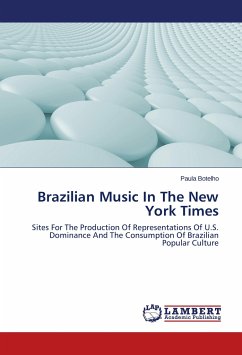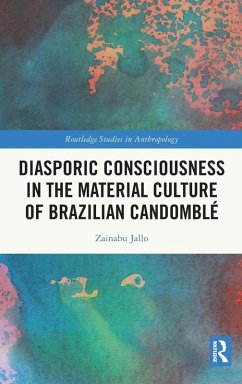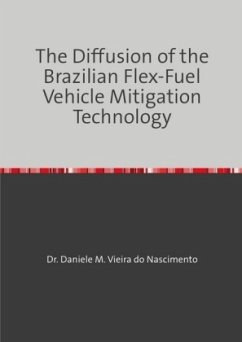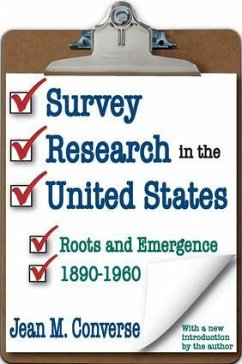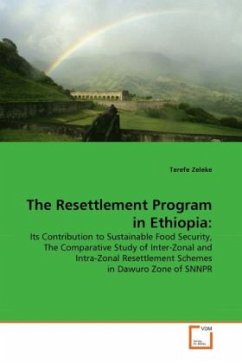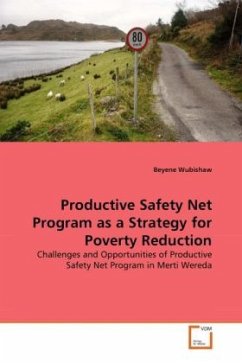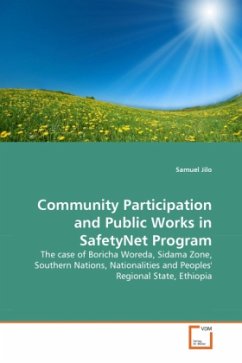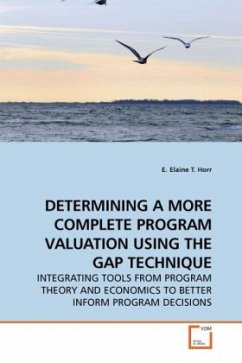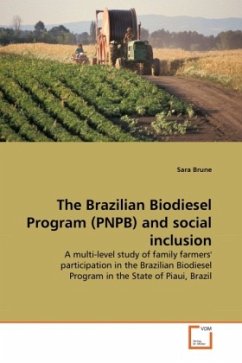
The Brazilian Biodiesel Program (PNPB) and social inclusion
A multi-level study of family farmers' participation in the Brazilian Biodiesel Program in the State of Piaui, Brazil
Versandkostenfrei!
Versandfertig in 6-10 Tagen
32,99 €
inkl. MwSt.

PAYBACK Punkte
16 °P sammeln!
This thesis critically analyzes the Brazilian Biodiesel Program (PNPB) in relation to its social inclusion component. Policy instruments stimulate and regulate the economic linkage between family farmers and biodiesel companies in the frame of the PNPB. The objective of this thesis is to challenge policy assumptions related to this program. Theoretically, this research draws on insights from Political Ecology and the Actor-oriented approach. The discussion is based on the methods and findings of a multi-level research and a case study conducted in the State of Piaui, Brazil. The Actor-oriented...
This thesis critically analyzes the Brazilian Biodiesel Program (PNPB) in relation to its social inclusion component. Policy instruments stimulate and regulate the economic linkage between family farmers and biodiesel companies in the frame of the PNPB. The objective of this thesis is to challenge policy assumptions related to this program. Theoretically, this research draws on insights from Political Ecology and the Actor-oriented approach. The discussion is based on the methods and findings of a multi-level research and a case study conducted in the State of Piaui, Brazil. The Actor-oriented approach was used to link inquiry across levels of analysis. This methodological approach enabled the study of the convergence of actors' strategies. It was found that the large-scale implementation offers little room for effective participation of family agriculture, while opening remarkable opportunities for extensive agriculture. The analysis suggests that the PNPB helps to obscure the advancement of the soybean industry and its concomitant wealth condensation.




